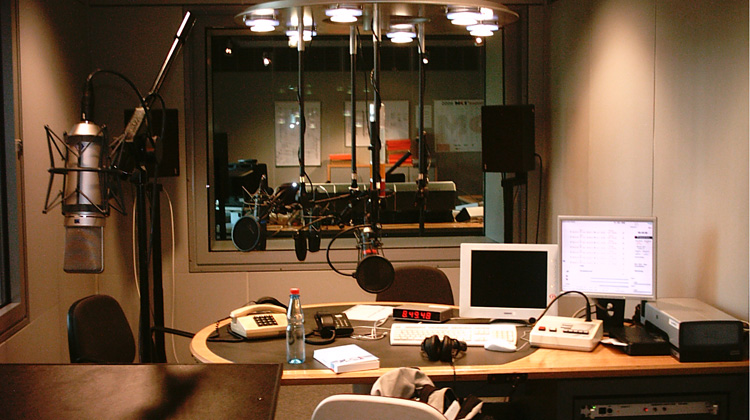
Editorial representatives are regularly elected at public service broadcasters. Now, in June 2015, the voters of a public media firm were asked to elect their new editorial committee online.
The basic concept behind the election of editorial representatives in public service broadcasters is that the freedom of broadcasting must be preserved and protected against intervention in a democratic society. This is why the company management must listen to the editorial representatives before implementing measures that will have a massive impact on the programme, for instance. By including the representatives, however, programming conflicts between employees and superiors can be resolved without any labour law pressure forming.
During this year’s editorial committee election, a large German media firm has decided to use the benefits of online voting with POLYAS. The 776 voters were prompted to elect from among nine candidates for the fixed employees and three candidates for the freelance workers. Both the electoral organisation as well as the voters were very satisfied with the opportunity to vote online.
Editorial committee elections are only one example of how nearly all institutions with democratic processes can benefit from the many advantages of online elections. From small associations and colleges to large societies, universities, cooperatives or other institutions. Many interesting case studies and guides relating to this can be found in our Media section.